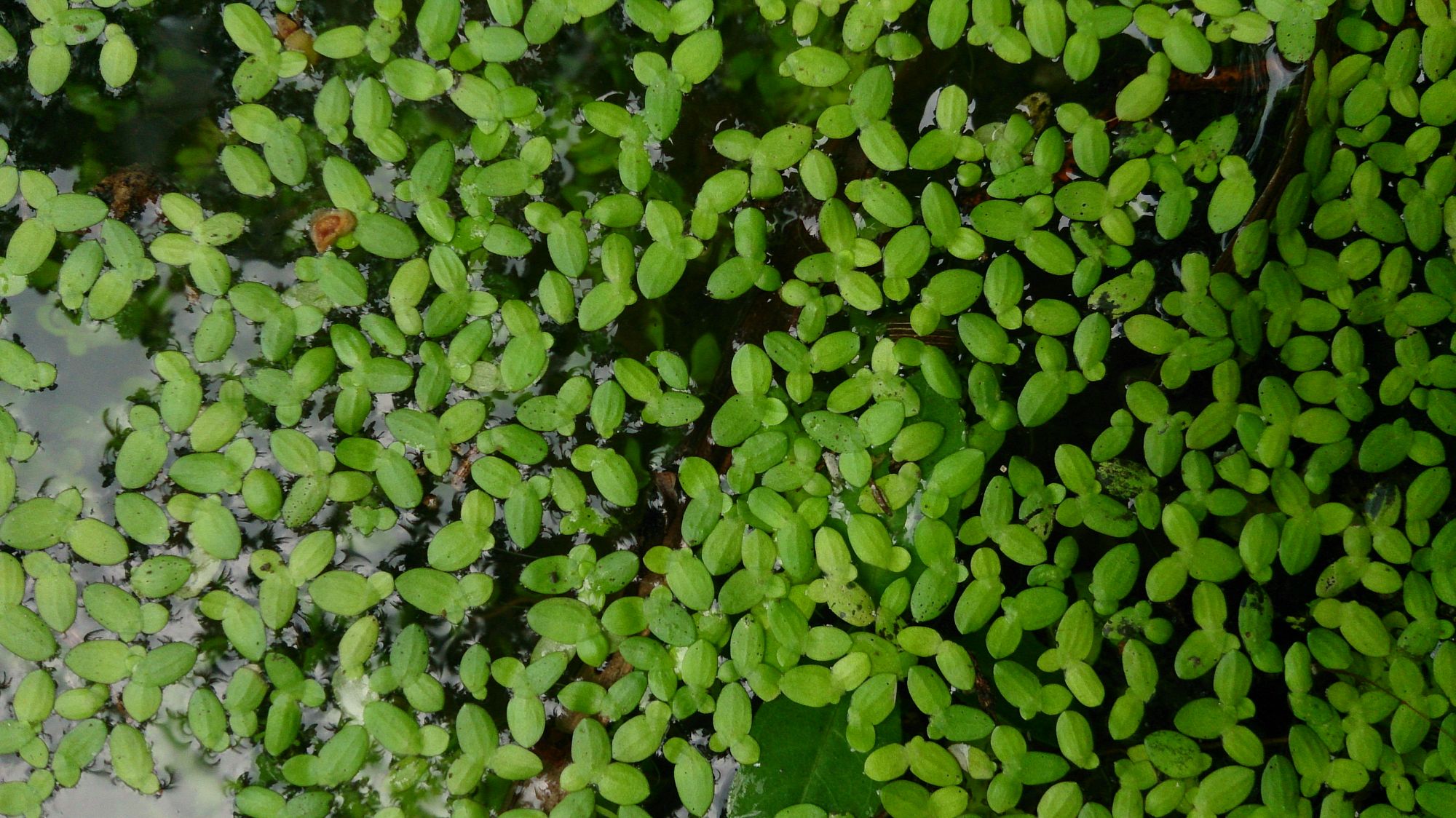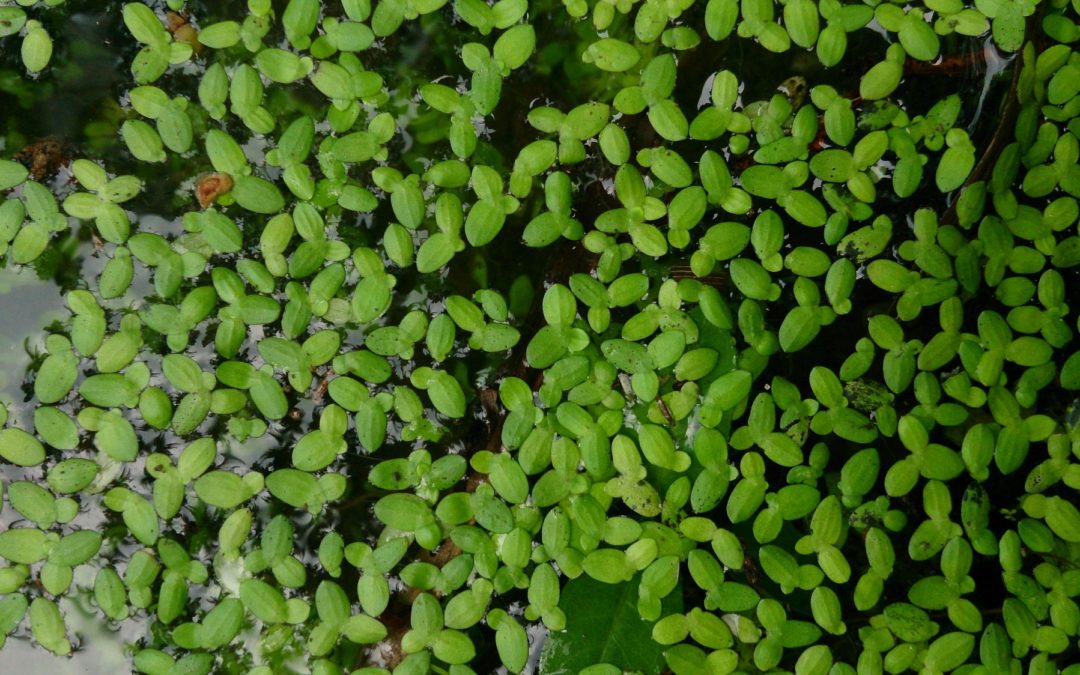
Understanding how and why Duckweed, the world’s fastest-growing plant, can grow so fast can help scientists to “upgrade” crops in the future and fight climate change by increasing carbon storage and growth rate.
The plant tastes like spinach or watercress. Researchers think that thanks to the plant’s fast growth rate it might become an important food source. The plant already plays a role in Asian food. FreeThink describes Duckweed, also known as Wolffia, as simple plants. They write “They are barely noticeable, but if you happen to see them, they look like tiny green dots — about the size of a pinhead. It has no roots, so it is known as a floating plant”. The interesting part about the plant is that it takes it less than 24 hours to grow a whole new plant after it reproduces.
What, in the genetic foundation, allows Duckweed to grow so incredibly fast has been a huge mystery for scientists… until now.
Plant growth depends to a very large extent on dark and light cycles. A team at the Salk Institute’s Harnessing Plants Initiative wanted to see which of the Duckweed’s genes were active during what time of the day. They started cultivating the plant in a laboratory. The team found that Duckweed has half as many genes controlled by light and dark cycles compared to other plants. La Jolla Light reports that the scientists think this could mean that the plant has no restriction on when it can grow. Therefore growing so much faster than other plants.
Todd Michael, molecular biologist at Salk’s Plant Molecular and Cellular Biology Laboratory, said in a statement:
“A lot of advancement in science has been made thanks to organisms that are really simple, like yeast, bacteria and worms. The idea here is that we can use an absolutely minimal plant, like Wolffia, to understand the fundamental workings of what makes a plant a plant.”
He also added:
“This plant has shed most of the genes that it doesn’t need. It seems to have evolved to focus only on uncontrolled, fast growth.”
(Genes such as those for growing roots or defences against pests has been shed.)
The team’s goal is to combat climate change and food scarcity by creating plants with special features, like genetically altered plants with deeper root systems that enhance carbon sequestration. The research on Duckweed can help the scientists understand how they can achieve a rapid growth rate, potentially help crops/plants to grow faster and capture more carbon dioxide in the process.
Picture: Wikimedia





